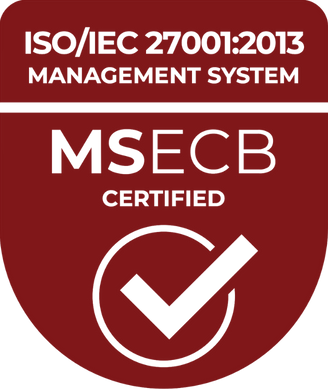Who is best at equality, really?
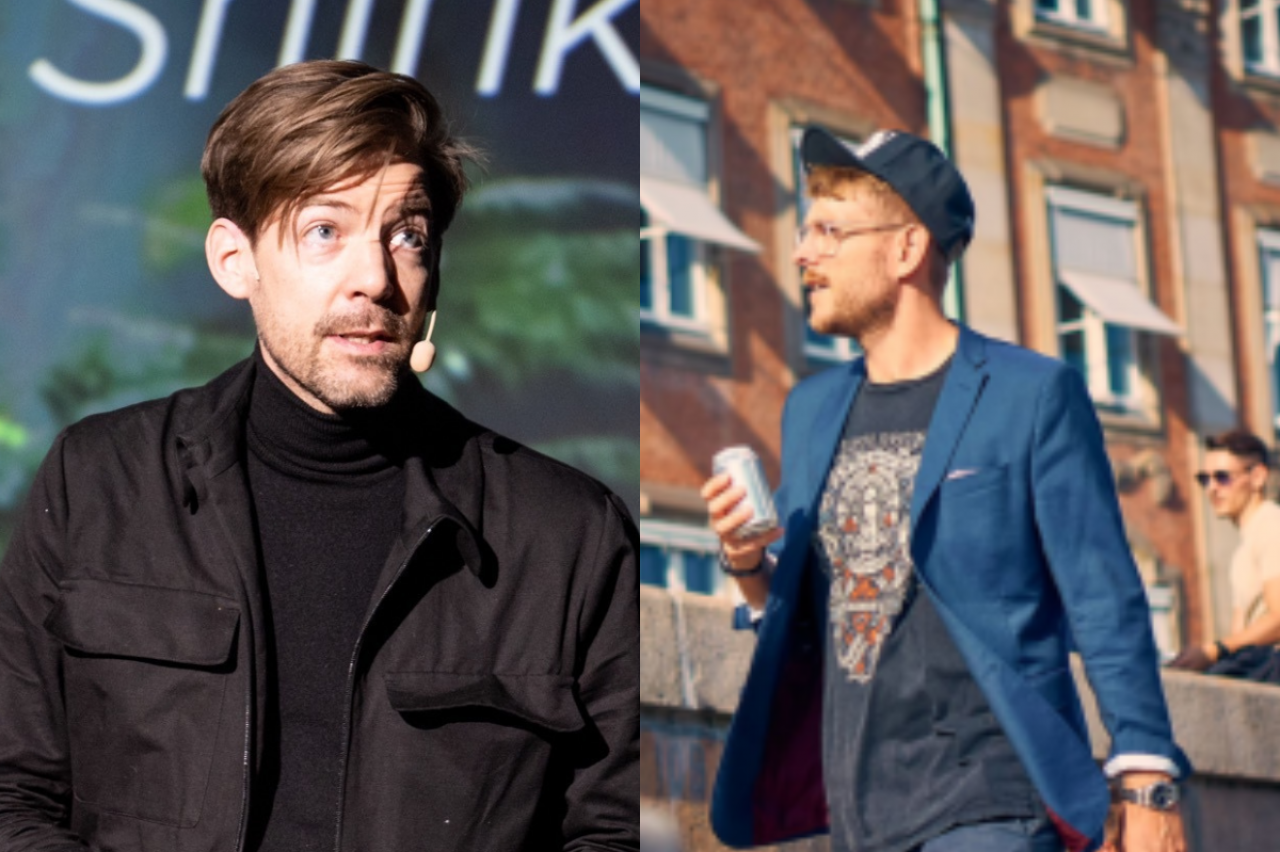
”Swedish IT companies the worst at equality”. Experis recently published a survey on equality in various industries, stating that the Swedish IT industry is the worst performer, with only 9 percent of companies describing themselves as having reached “full equality” – i.e. being fully equal. This was compared with the study’s average figure, where 16 percent of companies consider themselves fully equal.
And of course, being part of the IT industry the main gist of the article rang true – we certainly recognised ourselves to a degree. At Netlight, we were unpleasantly surprised when we at the turn of the year were presented with the results of our first professionally DEI survey, conducted in collaboration with the Finnish experts Inclusiiv. We were weak in so many areas. Many more than we would have hoped for. Not a good feeling.
Missing awareness of one’s weaknesses?
But then again, what is the Experis survey really saying? Who are these 16 percent of companies – or, for that matter, the 9 percent of IT companies – that consider themselves fully equal? Are they the most equal? Or could it be that in reality, they are at the risk of being the least equal, blissfully unaware of their own weaknesses?
We find it hard to believe that a company that actively and professionally works with equality and DEI (diversity, equity, inclusion) would say that they are fully equal. That we’re done, we’ve reached our goal and now the work is finished. It sounds awfully close to the claim that equality has ”gone too far”. Or the closely related excuse that others are less equal, after all, and that we therefore should be satisfied.
The work for gender equality never ends
“We will continue to make progress, but we will never be finished,” we wrote in our previous Cinode article about Netlight’s DEI strategy. This still rings true today. We of course have respect for the fact that equality work is tough. That it takes time. The work will probably never end – to allow the strengths of every individual to flourish requires constant questioning, curiosity, a desire to get better. Even when things are going well.
Our experience shows that equality work is especially tough when things are going well. This is when fatigue sets in within the organization, and the argument “Aren’t we done with this now?” suddenly gains traction, “We’ve achieved so much!”
While it may sound counterintuitive, our experience tells us that especially when your flow is at its best is when you need to keep pushing forward. Taking a short break is more likely to be good when things aren’t going as well and nothing seems to help, but then rather as a way of gathering strength for a new push.
Competing interests when things are going well
If a company wants to work more comprehensively within DEI, there is a likelihood of some internal competition. “Should we really focus more on gender equality issues now? Isn’t it time we looked more into ethnicity and BIPOC?” Instead of uniting constructively on the common issue of equality and inclusion, interests begin to compete with – and in the worst case cannibalise on – each other. Especially when work with one issue is going well. Instead of riding the wave where there is flow, we tend to slow it down.
Behind all this lies completely unrealistic expectations, expectations that lead to initiatives being questioned. Working with DEI is often motivated by the idea that it will make groups perform better. Opponents of this work often choose to disregard the demand for inclusion, arguing instead that similarities create good work dynamics and therefore continue to look for more of the same people – inevitably settling with ever-diminishing potential in these people. Arguments like this are relatively simple to counter.
Proponents of DEI, on the other hand, are almost worse, because their expectations of what a diversity addition to the team would entail are completely unrealistic. The harsh reality is that most likely, nothing magical will happen. Rather, a person who is included fully will not be hindered in their work and development, and therefore deliver their full potential. Which is exactly what we should strive for.
We must be aware of and understand all of this if we aspire to call ourselves equal. Because it is an aspiration. An aspiration that those who call themselves equal have most likely given up on a long time ago. Or worse, perhaps never understood.
Takes gender equality very seriously
But back to our DEI survey, which showed all sorts of areas that could be improved. At the same time, the survey showed that many were very satisfied with our DEI work. How should we interpret that? Inclusiiv gave us the answer: the level of awareness throughout the organisation was something we had every reason to be proud of. And we should embrace the pride from within the organisation that we dared to ask and that the respondents felt certain we would take their answers seriously.
Only a month ago, Netlight was named one of Sweden’s most attractive companies for women – and the most attractive in the IT industry by Karriärföretagen. We were of course immensely proud. What a milestone! But does this mean we now consider ourselves a gender-equal company, that the work is done? The answer is a resounding no.
We join the 91 percent of IT companies who understand that we will probably never get there, never be finished, but will never stop aspiring to be better. And we are proud to be part of an industry that dares to take equality seriously.
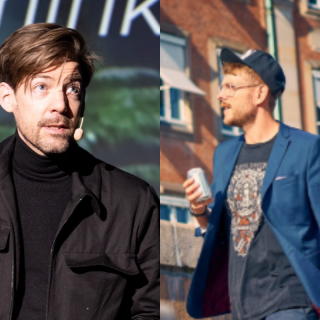
Guest bloggers- Tom Andersson and Erik Ringertz, Partners at Netlight
Guest bloggers- Tom Andersson and Erik Ringertz, Partners at Netlight
You may also like...
All posts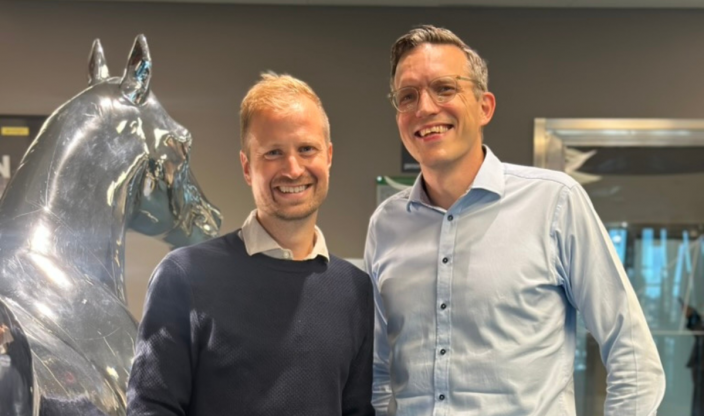
Sep 10 2025 · Consulting
“It’s About Growing Right – Not Fastest” – Netlight Scales Up with Culture and AI in Focus
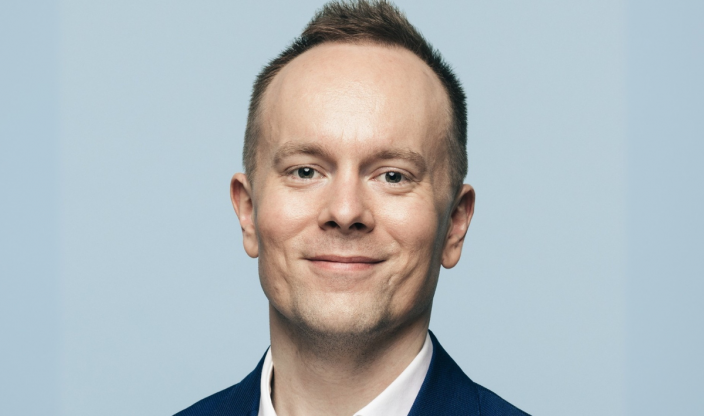
Aug 21 2025 · Cinode, Consulting
🚀 A Clear View and Fast Execution – Our Journey with Cinode

Apr 30 2025 · Consulting
Understanding the psychology behind pricing

Apr 15 2025 · Consulting
How to set (the right) price?
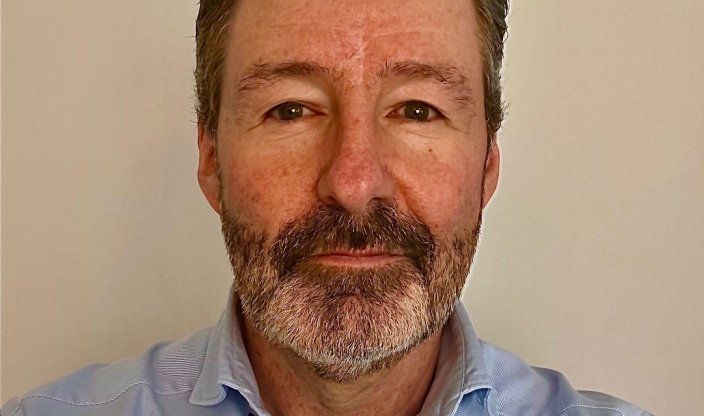
Mar 18 2025 · Consulting
How do we charge for the value of our services?

Mar 11 2025 · Consulting
New AI Act: Checklist for Consultants and Consulting Firms
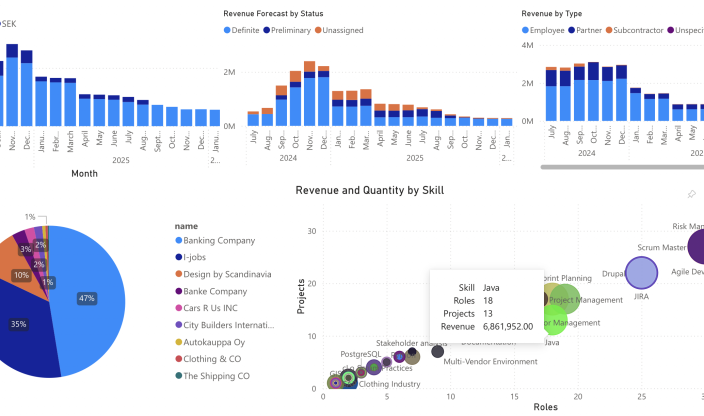
Feb 27 2025 · Consulting
Maximize Insights in Your Consulting Business with Cinode and Power BI
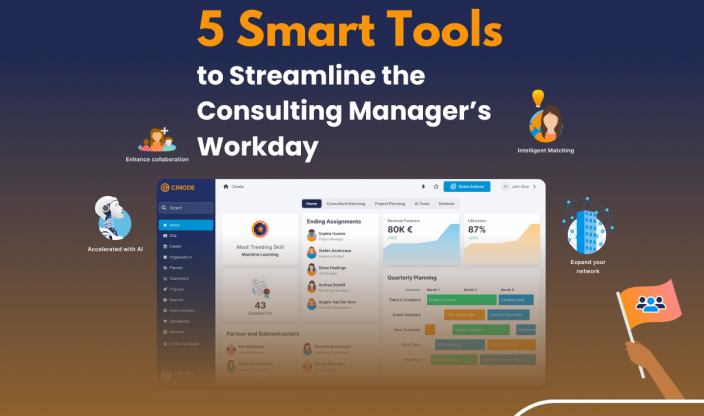
Jan 31 2025 · Consulting
5 Smart Tools to Streamline the Consulting Manager’s Workday
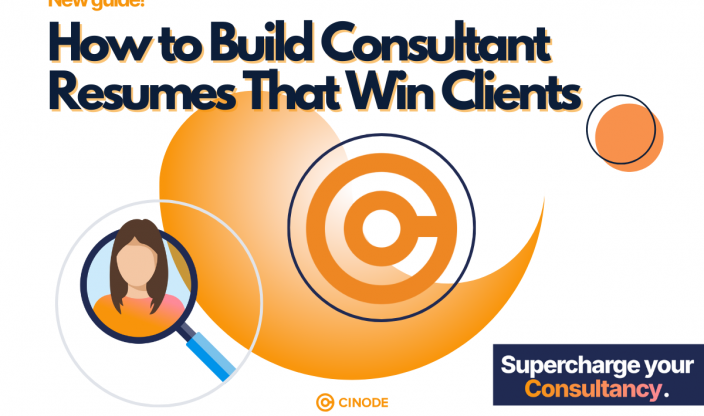
Jan 29 2025 · Consulting
New guide: How to Build Consultant Resumes That Win Clients
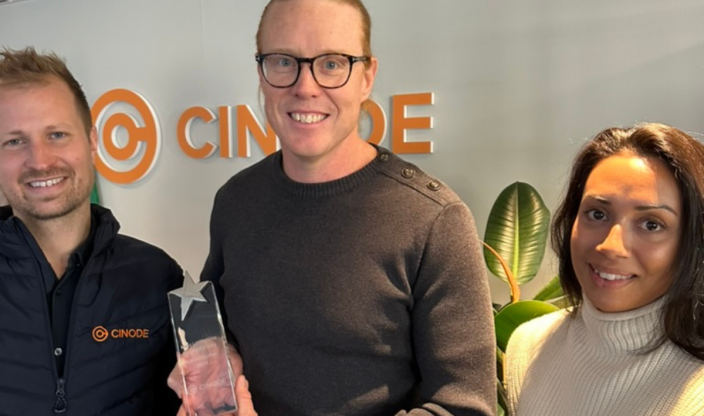
Nov 05 2024 · Consulting
Sweden’s most profitable consulting company reveals its secrets
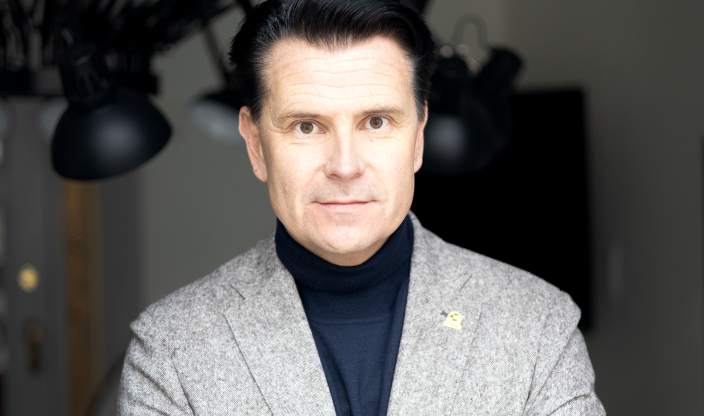
Oct 30 2024 · Consulting
From Vision to Reality – Consid’s Amazing Journey Under Peter Hellgren’s Leadership
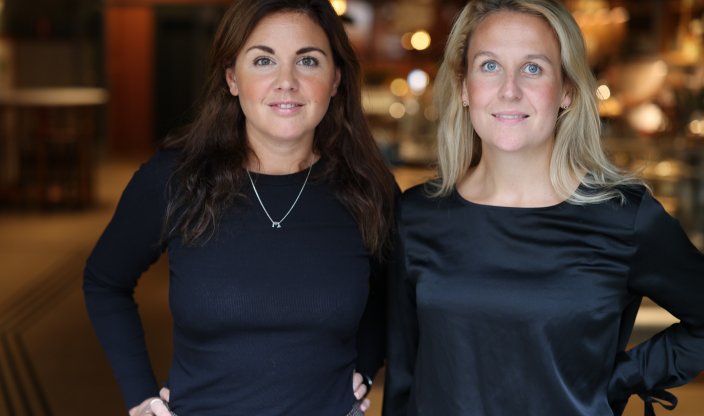
Oct 24 2024 · Consulting
